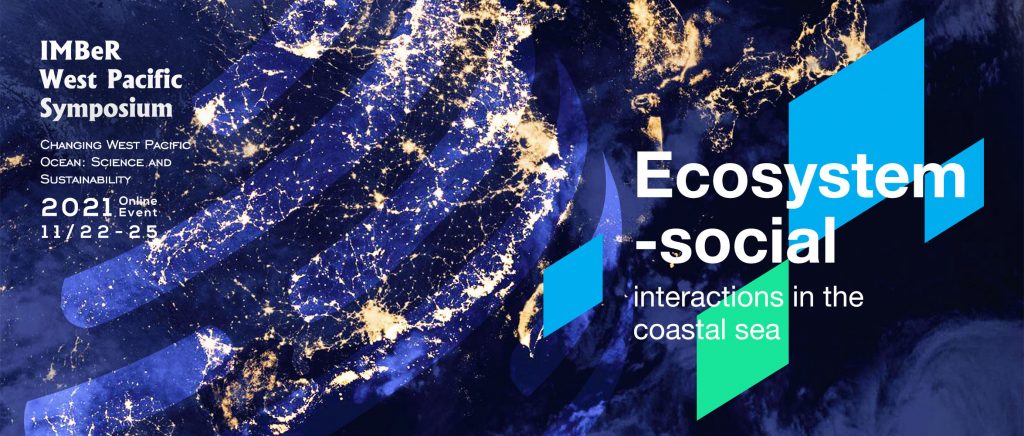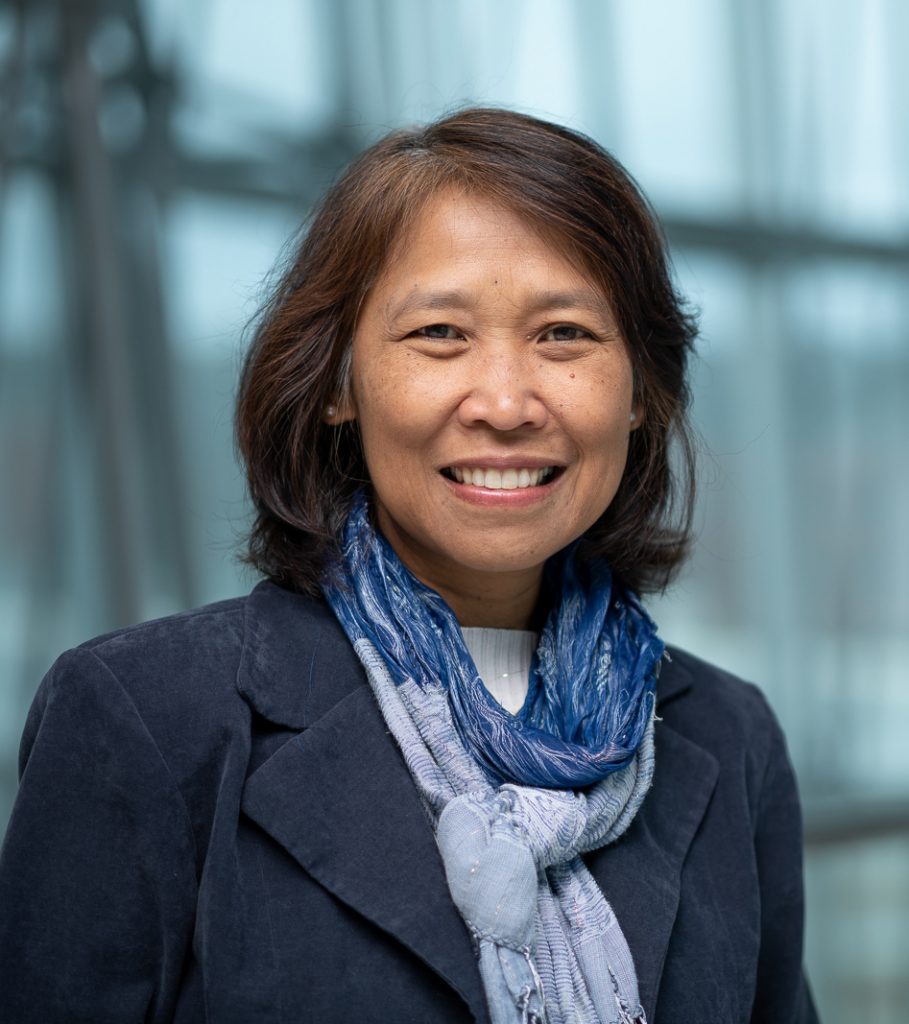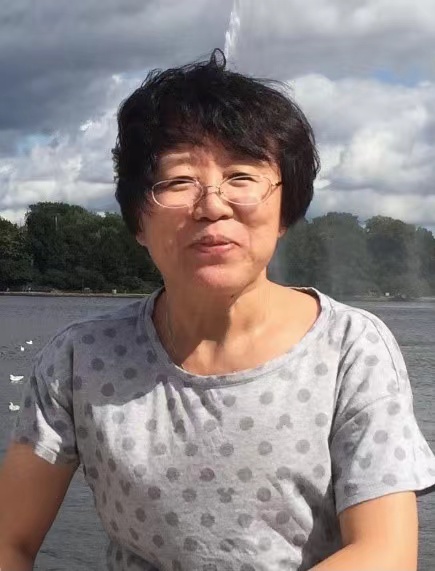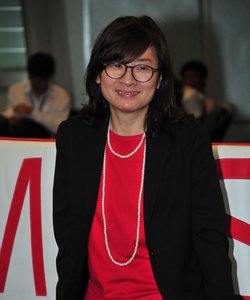Session 4: Ecosystem-Social Interactions in the Coastal Sea

About this session
Continental marginal systems are supporting human well-being from important and valuable goods to services, but anthropogenic activity and climate change have substantially altered the oceans and are impacting their ability to sustain ecological and human communities. Integrating environmental, ecological and economic knowledge of continental margin systems, and how these systems may change under different perturbation scenarios, is imperative to understand the interplays between human uses of the oceans, present management strategies of marginal systems, and optimize the services they provide. Lessons learned from multidisciplinary syntheses and inter-regional comparative studies of coastal socio-ecological systems will help rationalize and optimize marginal seas management approaches. This session is aimed at improving our understanding of marginal social-ecological systems, guiding sustainable development of resources and advising governance regimes to facilitate sustainable governance, facilitating equitable sharing of margin resources, and evaluating alternative research approaches and partnerships that address major margin challenges.
Keynote Speakers

Ratana Chuenpagdee, Memorial University, Canada
Keynote title: Governing the Ungovernable: Challenges in Governance of Coastal Seas
Ratana Chuenpagdee is a University Research Professor in Department of Geography at Memorial University of Newfoundland, in St. John’s, Canada. She is directing a major global research partnership, Too Big To Ignore (TBTI), which aims at elevating the profile of small-scale fisheries and rectifying their marginalization in national and international policies. As part of this project, she’s coordinating research and activities to promote ‘Blue Justice for Small-Scale Fisheries’, support the implementation of the ‘Small-Scale Fisheries Guidelines’ and build ‘Transdisciplinary Capacity’ for fisheries and ocean sustainability around the world. Ratana also leads a research module on Informing Governance Responses in a Changing Ocean for the Ocean Frontier Institute, another major collaborative research initiative between universities, governments, private sectors and communities.

Juying Wang, National Marine Environmental Monitoring Center, China
Keynote title: National Strategy Research for Climate Change Adaption in the Ocean and Coast in China
Wang has extensive experience in marine environmental monitoring assessment methodology. Over the years, she provides the monitoring services such as bathing beach, coastal tourist resort, marine litter, etc. As a senior scientist, she initiated and organized Marine Macro-Debris Monitoring Program in 2006, and Marine Micro-Plastics Monitoring Program in 2016. As the expert appointed by the United Nations, she has been working actively for World Ocean Assessment in both first cycle (2010-2015) and second cycle (2016-2020). As a convenor, she took the leading role in drafting the Chapter 25 Marine debris of WOA I, and Chapter 10 Nutrients of WOA II.
Co-moderators

Su Mei Liu, Ocean University of China, China
Dr. Su Mei LIU is a professor of Chemical Oceanographer at Ocean University of China, major in marine biogeochemistry. Her research focuses on nutrient cycles, nitrogen isotopes, silicon dissolution, environmental evolution, atmospheric nutrient deposition, social-ecosystem interactions. More than 270 papers on marine biogeochemistry have been published. She is a co-chair of the Continental Margins Working Group (CMWG) established by Integrated Marine Biosphere Research (IMBeR) and Future Earth Coasts (FEC) (2018 -), and a member of advisory Panel for North Pacific Marine Science Organization/Circulation Research in East Asian Marginal Seas (PICES/CREAMS) (2005 -). She was honored one of Experts with special allowance from the state government (2018), a Special Professor of Taishan Scholars in Shandong Province (2015), an Excellent Scientist of “Aoshan Talents” from Qingdao National Laboratory of Marine Science and Technology (2015), National Excellent Scientific and Technological Workers (2014), Science and technology awards for Chinese youth (2011), Distinguished Young Scientists from the National Natural Science Foundation (2009), and Talents Support Plan for the New Century from Ministry of Education (2005).

Suvaluck Satumanatpan, Mahidol University, Thailand
Dr. Suvaluck Satumanatpan is a professor of coastal management at Mahidol University, Thailand. She has been applying an interdisciplinary perspective to examine the complexity of the social-ecological system. She has experienced in integrated policy, governance and legal aspects in her work. Her expertise covers a wide range of topics, including integrated coastal management, coastal and fishery governance, well-being and resilience of small-scale fisheries, environmental impact assessment, and marine protected areas effectiveness. This background has enabled her to contribute to the development of several national policy papers for marine and coastal resources in Thailand.
- Deadline for abstracts: Extended to 10 October
- An example abstract is provided here
This session contributes to the following IMBeR Grand and Innovation Challenges
Grand Challenges

Grand Challenge I
Understanding and quantifying the state and variability of marine ecosystems

Grand Challenge II
Improving scenarios, predictions and projections of future ocean-human systems at multiple scales

Grand Challenge III
Improving and achieving sustainable ocean governance
Innovation Challenges
Innovation Challenge 3
To Advance Understanding of Ecological Feedback in the Earth System
Innovation Challenge 4
To Advance and Improve the Use of Social Science Data for Ocean Management, Decision Making and Policy Development
Innovation Challenge 5
Interventions to change the course of climate impacts
Innovation Challenge 6
Sustainable management of Blue Carbon ecosystems